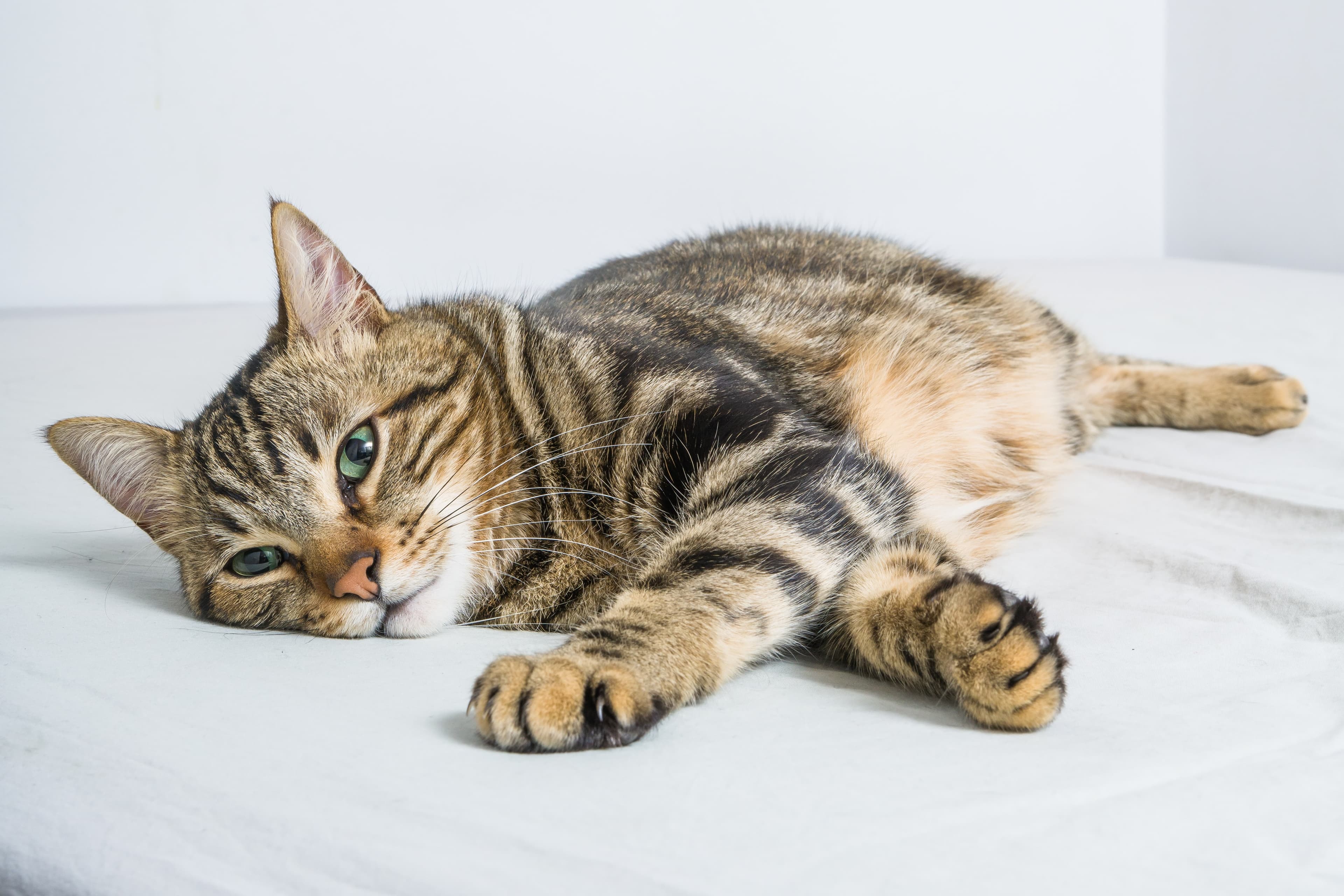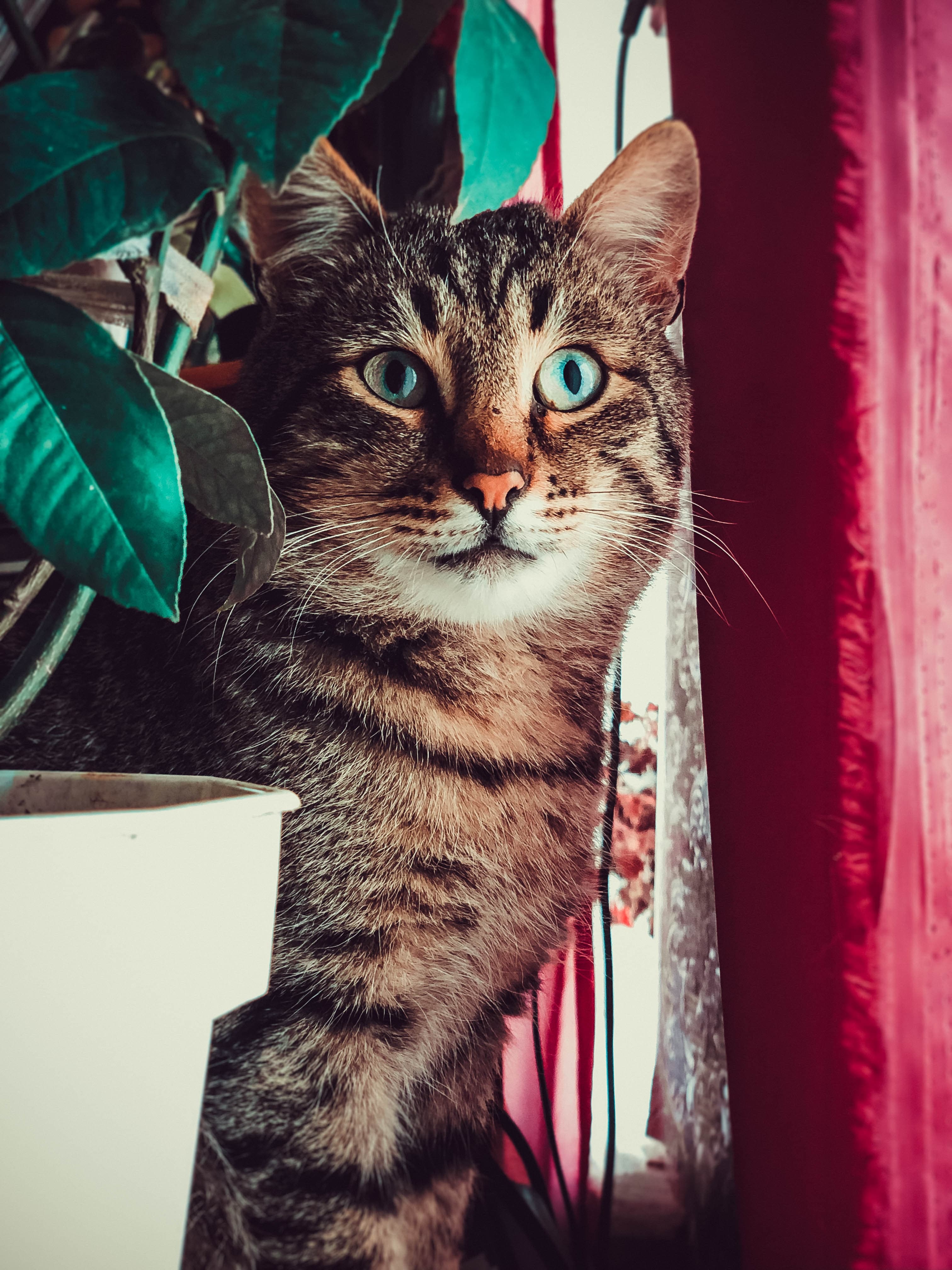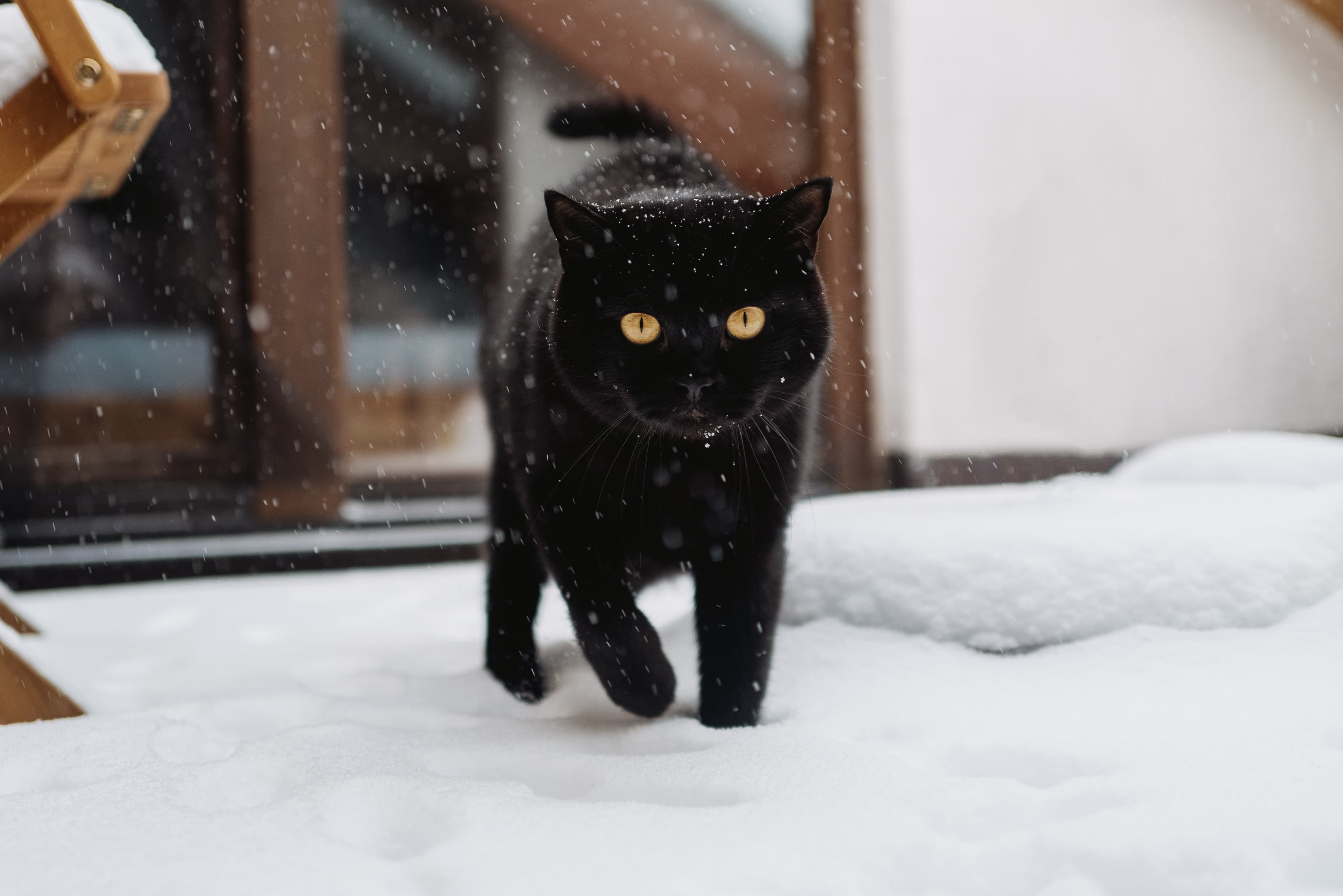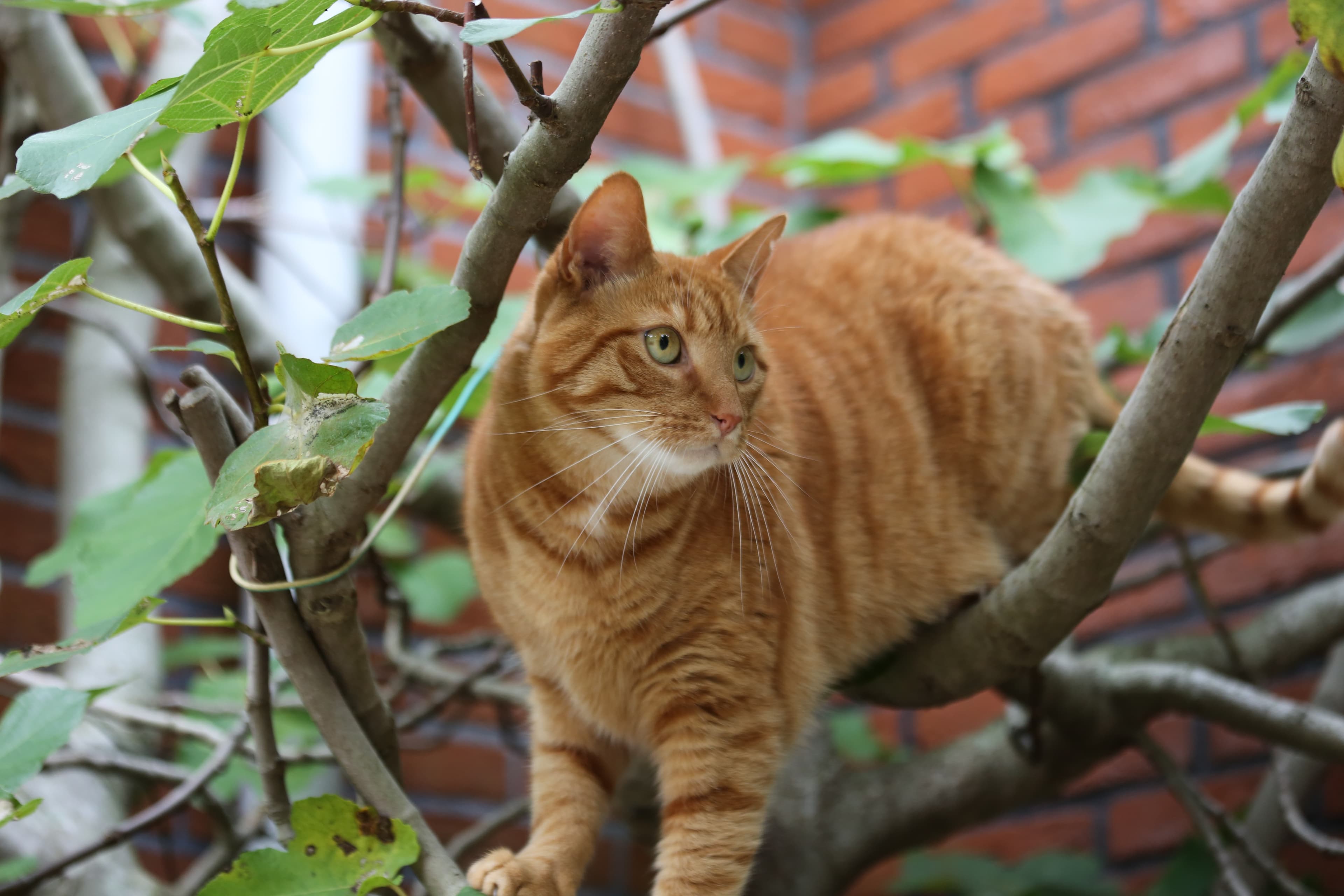Cat refusing to eat
A cat refusing to eat means, as the name suggests, that your cat isn't eating or is unable to eat due to a lack of appetite caused by illness. As cats are very sensitive to starvation, this is a symptom that needs to be taken seriously. There are many reasons why cats lose their appetite. It can be very difficult to know the underlying problem without a vet's help. Whatever the cause, not eating can lead to a life-threatening condition. Even if your cat has been lost and confined without access to food, you should take them to a vet.
When a cat won't eat, it's important to figure out if they don't want to or can't eat. Cats can be fussy about their food and might refuse to eat if they're stressed or if their food has changed suddenly. However, refusing to eat can also be a sign of more serious problems and should always be taken seriously.
A cat's refusal to eat can also be due to an underlying medical condition causing, for example, a reduced appetite or pain when eating. Not eating should therefore be seen as a sign that your cat is unwell, and you should consult a vet as soon as possible.
Cats are essentially carnivores, and their bodies are designed to eat small meals throughout the day. A cat's liver can't cope with large amounts of released fat, which happens during starvation through various metabolic processes. This fat can be stored in the liver, causing a condition called fatty liver (hepatic lipidosis). Liver function is affected, and the cat may become 'yellow'. This is visible as jaundice (icterus) in the mucous membranes, the whites of the eyes, and sometimes the skin. Hepatic lipidosis is usually secondary to another underlying diagnosis that has caused the cat to stop eating. Recovery often requires hospitalisation, frequently for an extended period. Most cats with this condition need to be fed via a tube placed through the oesophagus.
A fussy cat will often give in and eat when they're hungry enough. However, if your cat hasn't eaten by the day after they started refusing food, you need to see a vet urgently, even if you think your cat is otherwise healthy.






